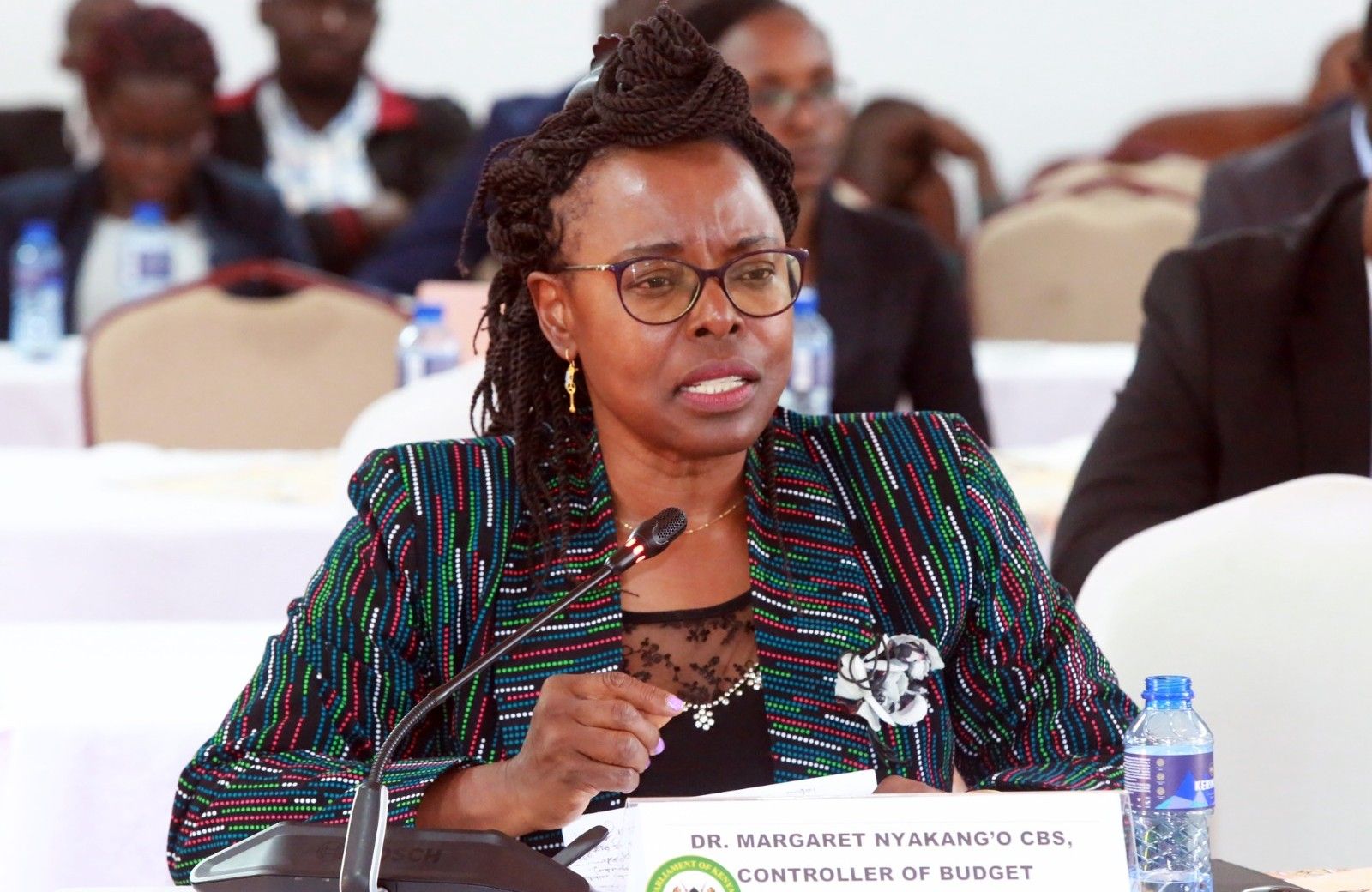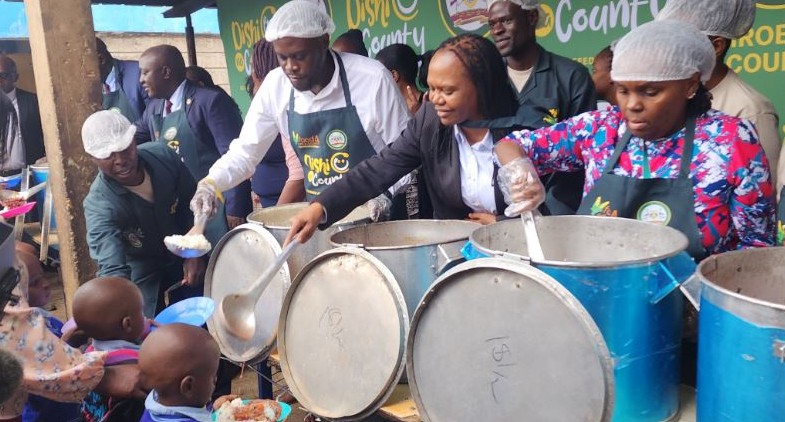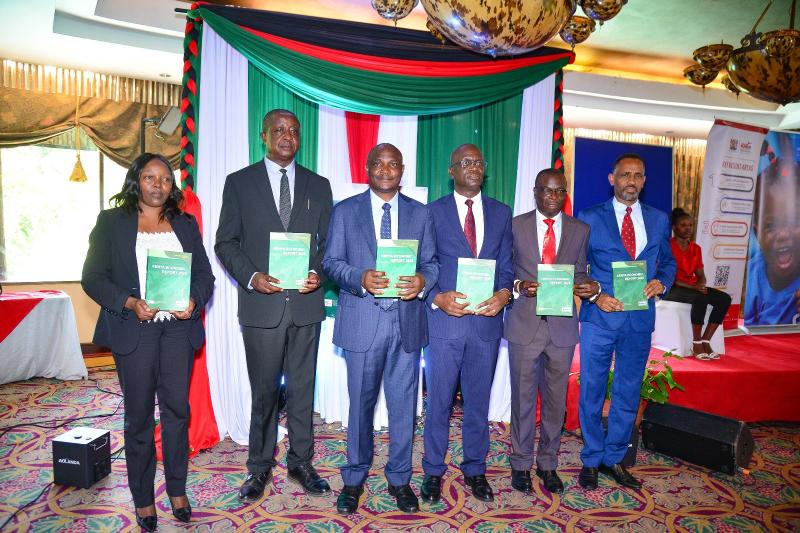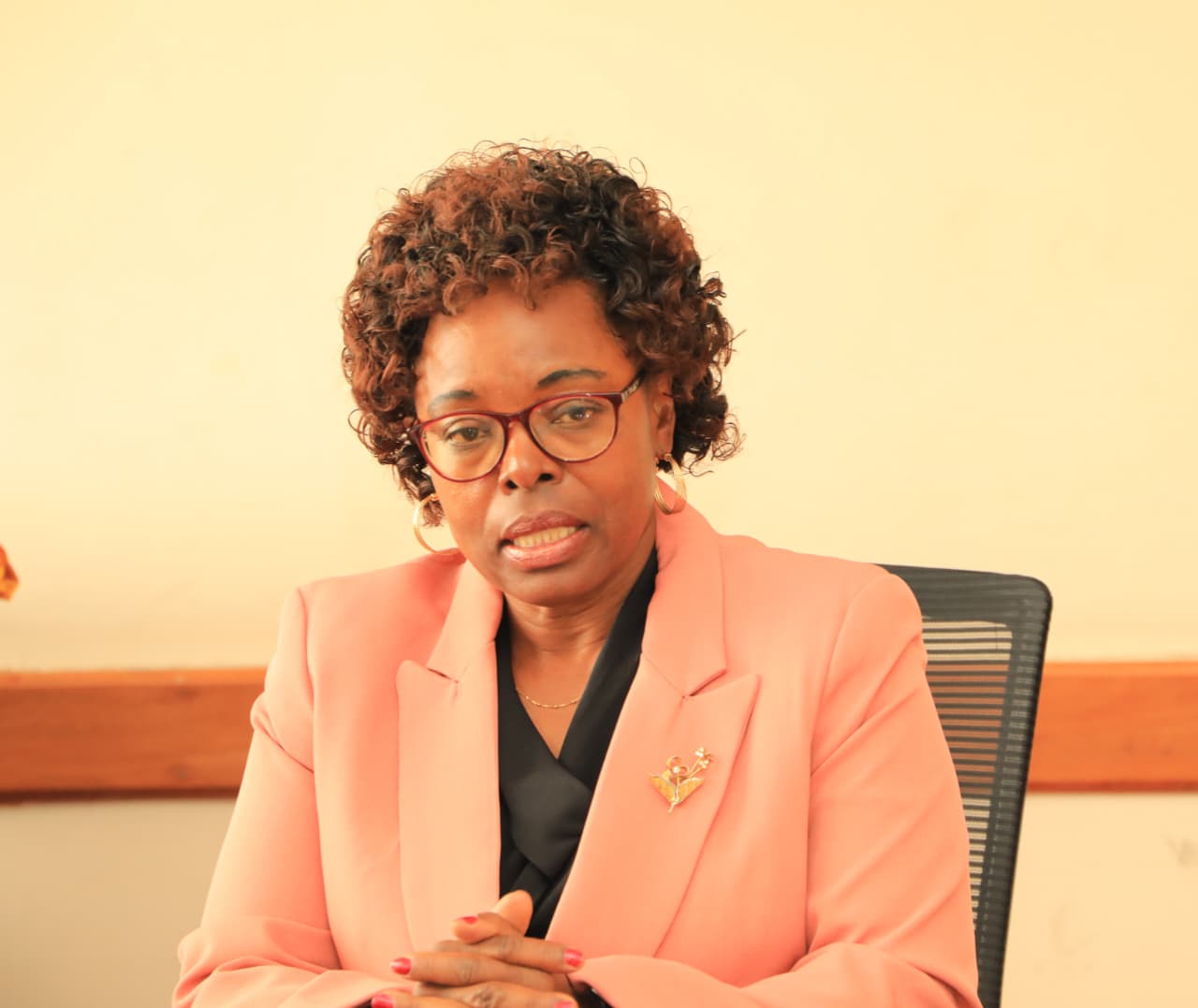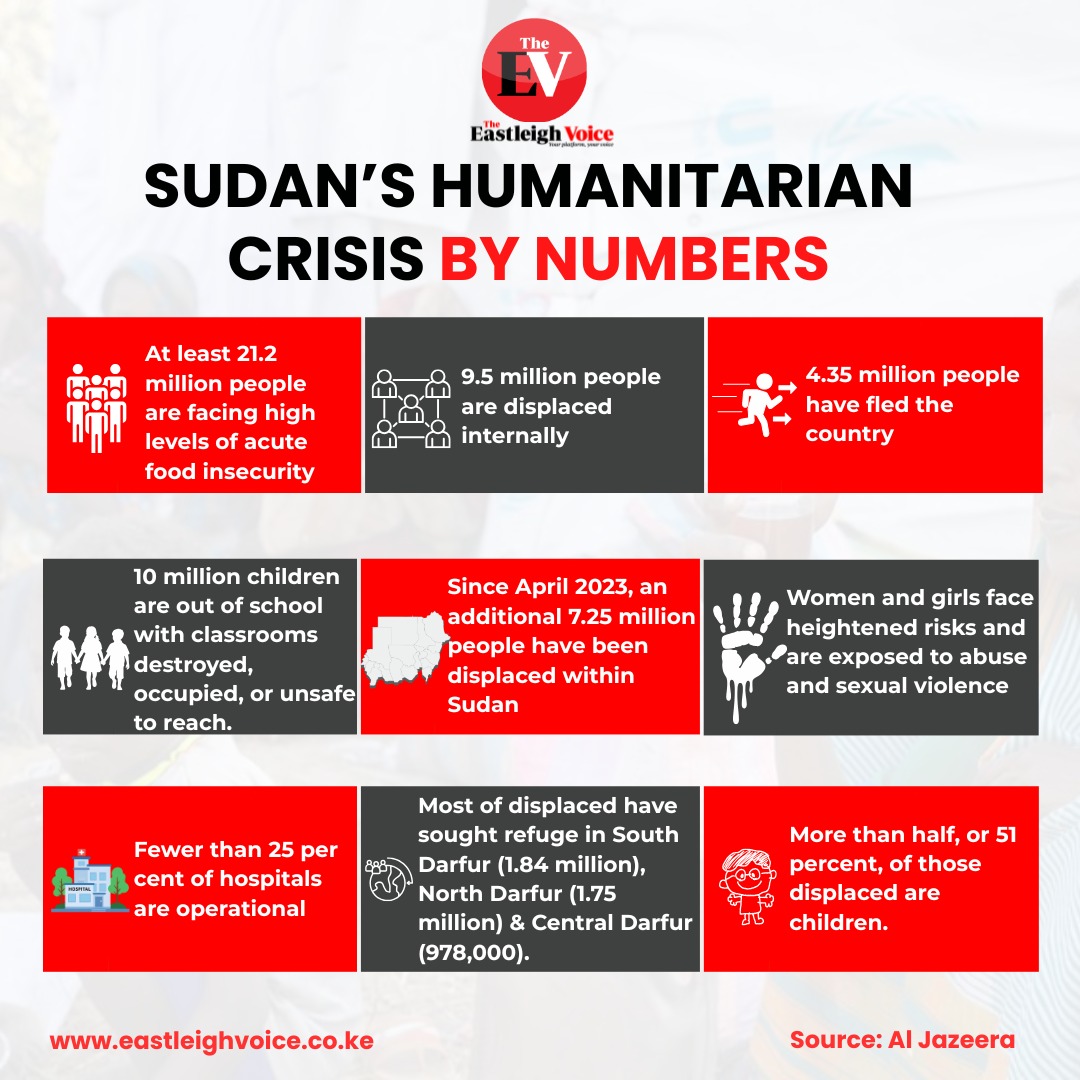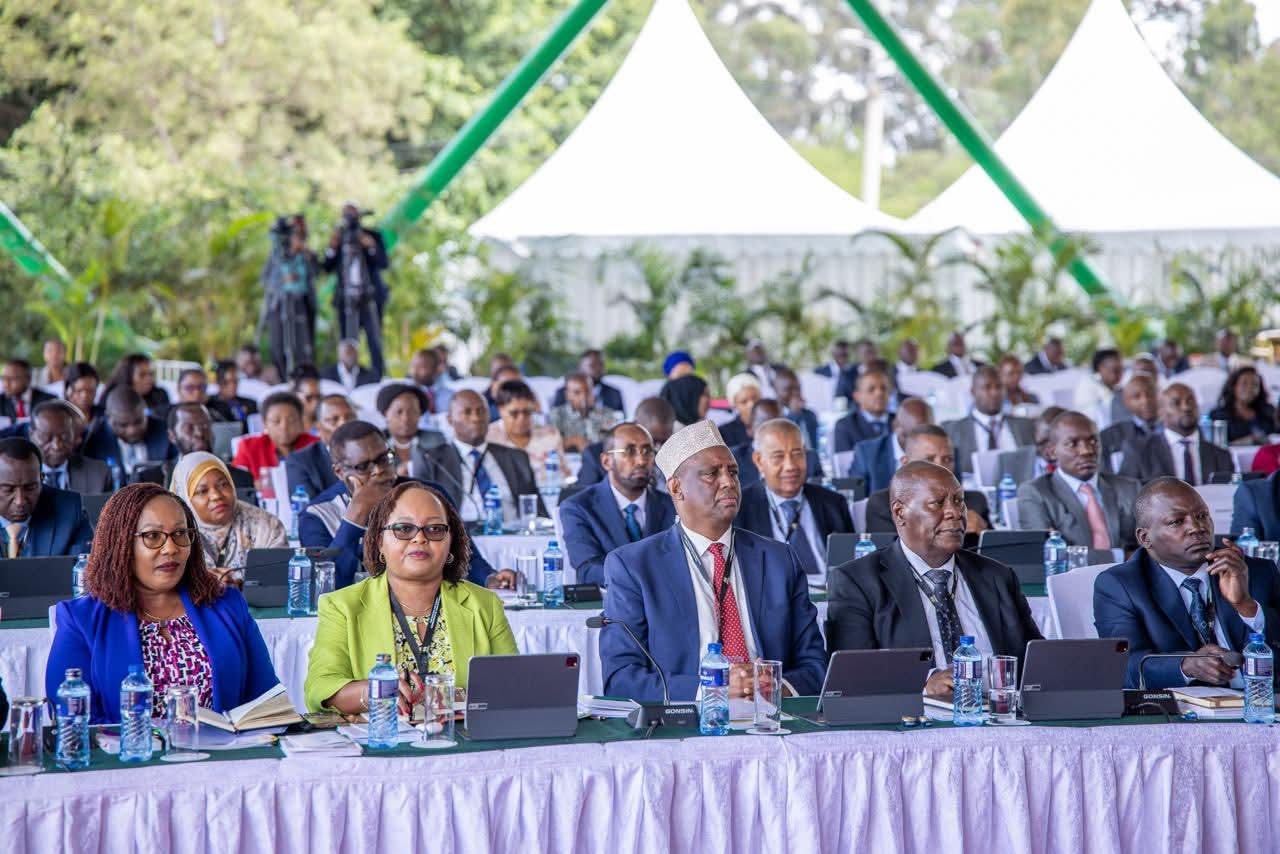Algeria clinches AU Peace and Security Council seat after February showdown
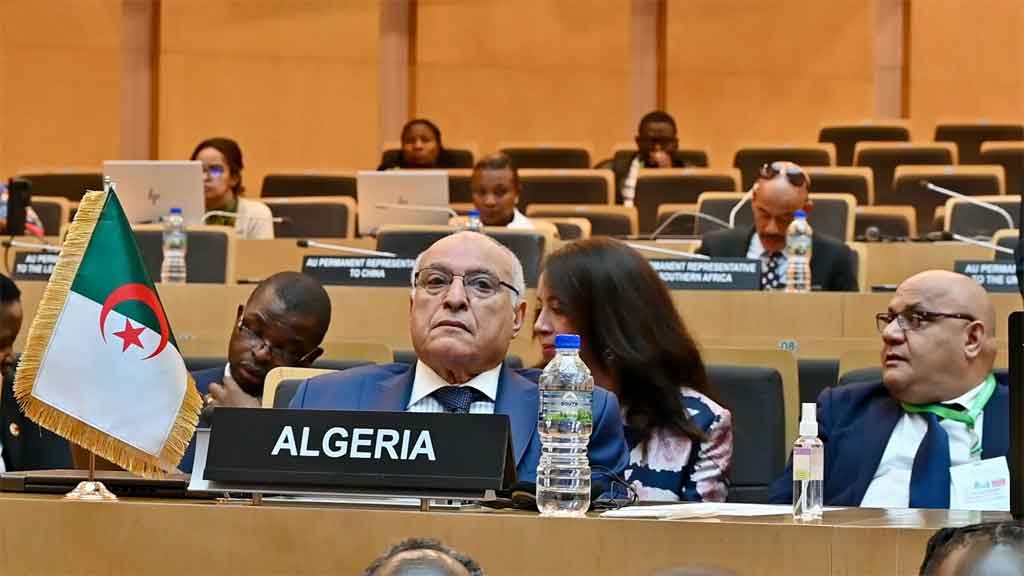
This win follows a dramatic stalemate in February during the AU Summit in Addis Ababa, where Morocco and Algeria locked horns in a contest that ended in mutual sabotage.
After months of regional muscle-flexing and diplomatic brinkmanship, Algeria has finally secured a three-year seat on the African Union Peace and Security Council (AUPSC), representing North Africa.
The decision came during an Extra-Ordinary Session of the AU Executive Council in Addis Ababa, where Algeria faced off against Libya in a calmer but no less significant vote.
More To Read
- More than 1,000 migrants drown in Mediterranean so far this year, IOM says
- UN Security Council extends Libya mission, UNSMIL, until October 2026
- Libya rescues 49 Sudanese migrants off western coast
- Libya’s human smuggling networks tighten grip as new routes emerge
- 173 Somalis repatriated from Libya in joint government-IOM operation
- Only 13 survive after boat carrying 74 migrants capsizes off Libya: UN
This win follows a dramatic stalemate in February during the AU Summit in Addis Ababa, where Morocco and Algeria locked horns in a contest that ended in mutual sabotage.
Both countries blocked each other's bids in a fierce tug-of-war for the North African slot, ultimately forcing a postponement of the vote.
In the final February tally, Algeria had pulled ahead with 30 votes to Morocco's 15.
But abstentions derailed the momentum, denying both sides the two-thirds majority needed for a clean victory.
The contest was shelved — and so was any illusion of North African unity.
It was, as one seasoned AU diplomat described it in February, "a textbook outcome when Rabat and Algiers go head-to-head — rivalry before resolution."
Old rivalries, new battlefields
North Africa's internal fault lines continue to cast long shadows over AU diplomacy.
The Western Sahara dispute remains the core of the Algeria-Morocco standoff, with Rabat seeking continental legitimacy for its claim over the territory, while Algiers firmly backs the Polisario Front's quest for independence.
These divisions routinely seep into AU structures, where votes are less about consensus and more about who can block the other first.
Even last year's election of Mauritania's president as AU chair was widely seen as a balancing act — a diplomatic olive branch aimed at cooling the Rabat-Algiers heat.
The AU Peace and Security Council, composed of 15 member states serving two- and three-year terms, is the bloc's nerve centre for managing conflict across the continent — from coups and insurgencies to mediation and military deployments.
Algeria's entry into the Council restores its voice at the heart of continental security affairs — and perhaps sets the stage for another chapter in its long-standing chess match with Morocco.
Top Stories Today

